Does ultrafiltration remove chlorine or chemical disinfectants? | Insights by AQUALITEK
- Does Ultrafiltration Remove Chlorine or Chemical Disinfectants?
- What Is Ultrafiltration?
- Does Ultrafiltration Remove Chlorine?
- Does Ultrafiltration Remove Chemical Disinfectants?
- What Are Effective Methods for Removing Chlorine and Chemical Disinfectants?
- Why Is It Important to Remove Chlorine and Chemical Disinfectants?
- Conclusion
Does Ultrafiltration Remove Chlorine or Chemical Disinfectants?
Ultrafiltration (UF) is a membrane filtration process that effectively removes suspended solids, bacteria, viruses, and macromolecules from water. However, UF membranes have pore sizes typically ranging from 0.01 to 0.10 μm, which are not small enough to remove dissolved substances like chlorine or chemical disinfectants.
What Is Ultrafiltration?
Ultrafiltration is a pressure-driven membrane filtration process that separates particles based on size exclusion. It is commonly used in water treatment to produce potable water by removing contaminants such as bacteria, viruses, and organic molecules.
Does Ultrafiltration Remove Chlorine?
No, ultrafiltration does not remove chlorine from water. Chlorine is a dissolved gas with a molecular size much smaller than the pore size of UF membranes, allowing it to pass through without being filtered out.
Does Ultrafiltration Remove Chemical Disinfectants?
Similarly, ultrafiltration is not effective in removing chemical disinfectants from water. These substances are typically small molecules that can easily pass through UF membranes. Therefore, alternative treatment methods are required to eliminate chemical disinfectants from water.
What Are Effective Methods for Removing Chlorine and Chemical Disinfectants?
To effectively remove chlorine and chemical disinfectants from water, consider the following treatment methods:
Activated Carbon Filtration: Activated carbon filters adsorb chlorine and other chemical disinfectants, effectively removing them from water.
Reverse Osmosis (RO): RO systems use a semi-permeable membrane with incredibly small pores that can effectively remove dissolved solids like chlorine, along with many other contaminants.
Chemical Dosing Systems: Dosing chemicals such as sulfur dioxide, sodium metabisulfite, or sodium bisulfite can neutralize chlorine in water. This method is often used as a pre-treatment before other filtration systems.
Why Is It Important to Remove Chlorine and Chemical Disinfectants?
Removing chlorine and chemical disinfectants from water is crucial for several reasons:
Preventing Corrosion: Chlorine can corrode pipes and equipment, leading to increased maintenance costs and potential system failures.
Protecting Aquatic Life: Chlorine and its by-products can be harmful to aquatic ecosystems. Removing these substances helps protect aquatic life.
Improving Water Quality: Chlorine can impart an undesirable taste and odor to water. Eliminating it enhances the overall quality and palatability of drinking water.
Conclusion
While ultrafiltration is effective in removing particulate contaminants from water, it does not remove dissolved substances like chlorine or chemical disinfectants. To ensure comprehensive water treatment, it's essential to incorporate additional methods such as activated carbon filtration, reverse osmosis, or chemical dosing systems to effectively eliminate these substances.
When selecting a water treatment system, consider the specific contaminants present in your water supply and choose a system that addresses all your water quality concerns.
AQUALITEK offers advanced water treatment solutions designed to effectively remove a wide range of contaminants, including chlorine and chemical disinfectants, ensuring safe and clean water for your needs.
For more information on AQUALITEK's products and services, visit our website or contact our customer service team.
By understanding the limitations of ultrafiltration and the importance of comprehensive water treatment, you can make informed decisions to ensure the safety and quality of your water supply.
Remember, the effectiveness of a water treatment system depends on its ability to address all contaminants present in your water source. Combining ultrafiltration with other treatment methods can provide a more thorough purification process, delivering water that meets your quality standards.
Always consult with water treatment professionals to determine the most suitable system for your specific requirements.
AQUALITEK's expertise and commitment to quality make us a trusted partner in providing effective water treatment solutions tailored to your needs.




Request More Information or Expert Advice
Share a few details, and we’ll provide deeper insights, tailored suggestions, or product support.

Our 500 LPH Reverse Osmosis (RO) System is engineered to provide high-quality purified water for commercial applications. Designed with advanced RO technology, durable components, and a user-friendly interface, this system ensures consistent performance, low maintenance, and long-term reliability.
With its compact design and robust skid-mounted frame, it’s an excellent choice for businesses that demand efficiency and quality in water purification.

AQUALITEK 20 TPH Uninterrupted (1 Working + 1 Standby) Ultrafiltration System delivers continuous, energy-efficient water purification for industry. Industrial Ultrafiltration System 20 TPH; 20 TPH Ultrafiltration Water Treatment Plant — high flux, low maintenance, reliable performance.

BWE series Reverse Osmosis (RO) systems are pre-engineered and pre-assembled units with 8” membrane housings for brackish water(higher TDS).The large volumes can help meet your a variety of industrial applications.T hey are designed for overall superior performance, high recovery rates and offer great savings with low maintenance and operation costs.

-
An IBC (Intermediate Bulk Container) tank is a robust, reusable industrial-grade vessel designed for the storage and transport of liquids, powders, and granules. Its space-efficient cubic shape and integrated pallet base make it ideal for easy handling and stacking, offering a cost-effective solution for bulk quantities.
Copyright © 2025 AQUALITEK. All rights reserved.

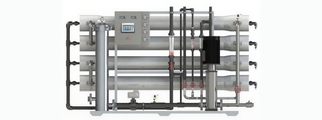
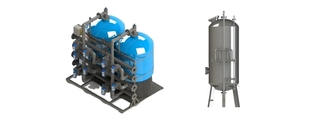
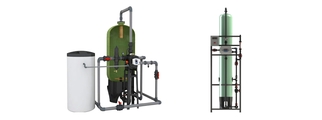
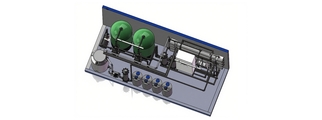
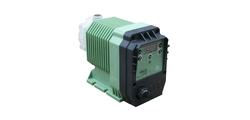
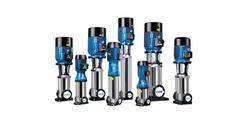
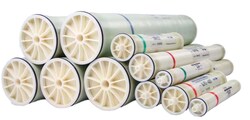
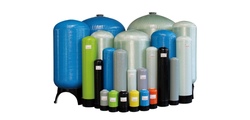
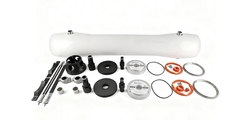
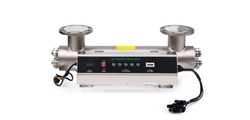
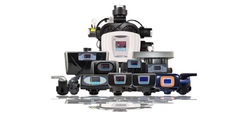
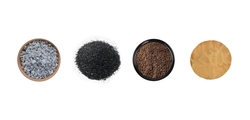
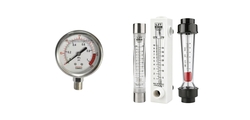
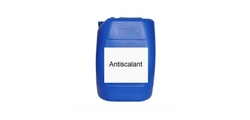
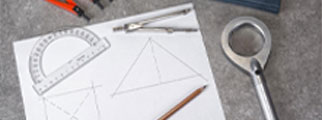



AQT
AQT